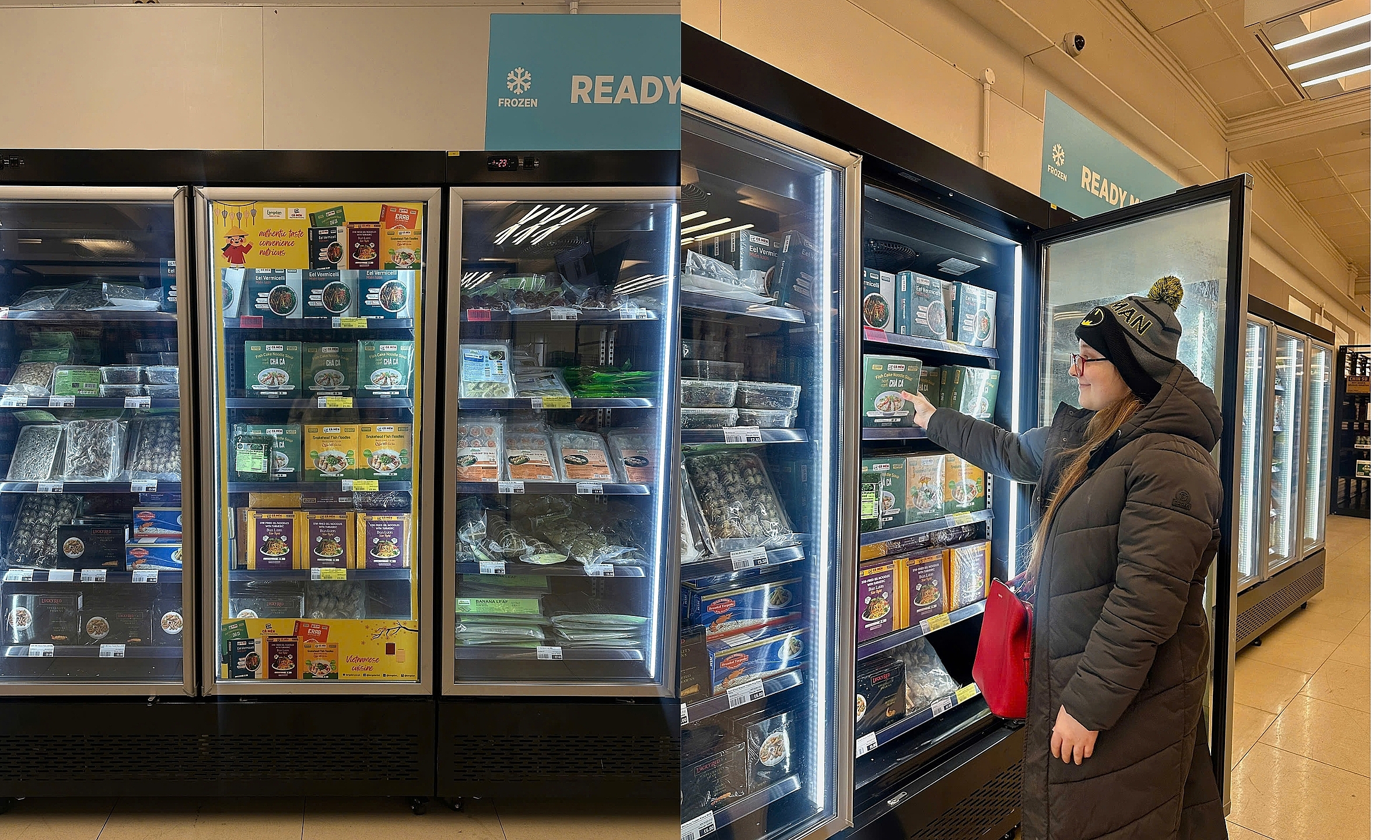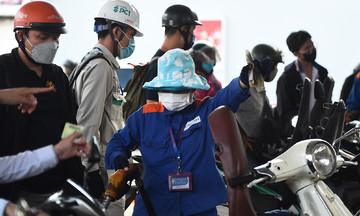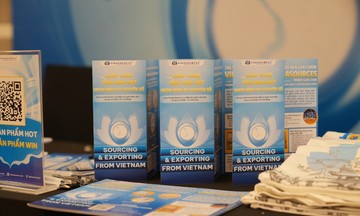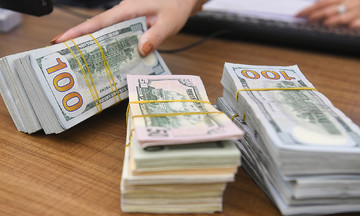Tina Murphy, CEO of consulting firm MMTT Professional Services, noted the scarcity of Vietnamese products in major US supermarkets. "Having lived in the US for many years and frequently shopped at large supermarkets, I'm surprised by the limited presence of Vietnamese goods," she said at a seminar on exporting Vietnamese food to the US and globally on 5/8.
In the first half of the year, Vietnam saw strong export growth in many agricultural and aquatic products to the US. According to the Customs Department (Ministry of Finance), coffee and vegetables led the growth, increasing by 76.4% and 65.5% respectively, compared to the same period last year. Seafood, pepper, rice, and confectionery also saw double-digit growth.
However, experts say most Vietnamese agricultural and food exports are still raw, with a low proportion of processed and branded goods. According to Murphy, the abundance of Vietnamese products is currently limited to Asian markets. "As a Vietnamese person, this concerns me," she said.
Chris Nguyen, general director of Ocean Marketing USA, noted that Vietnamese goods entering the US are mainly processed for other brands. They lack a strong national brand like South Korea or Thailand, making market penetration difficult. This is due to manufacturers' insufficient investment in branding, limited market understanding and access, and a lack of US representation. "Other countries often have branches, agents, and local marketing teams, while Vietnamese businesses often rely on buyers," he said.
Meeting quality standards, traceability requirements, and packaging regulations also pose challenges. Tony Luu, director of GPLUS - FDA, cited FDA data showing an average of two Vietnamese food shipments rejected daily. The main issues, according to Luu, are the lack of FSMA (Food Safety Modernization Act) compliant safety and quality documentation. "Many businesses think an FDA registration number is sufficient, but that's just the 'entry ticket.' FSMA compliance must be established and verified by an FDA-authorized representative," he explained.
Packaging errors are also common, such as missing or incomplete allergen labeling, incorrect nutritional information formatting, and incorrect product names, especially for seafood.
To gain access to major US supermarkets, Jolie Nguyen, president of LNS International, recommends that processed food exporters standardize production and packaging, complying with international trade laws. For example, both Costco and Walmart require suppliers to have BRC (British Retail Consortium) certification.
She advises against a "quick production, quick sale" mindset through hand-carried or informal channels, as this can damage long-term quality and reputation. For smooth official exports, businesses should leverage export ecosystems to streamline market research, sales pitches, regulatory compliance, and logistics.
 |
Experts at the seminar on 5/8. Photo: Organizing committee |
Experts at the seminar on 5/8. Photo: Organizing committee
Opportunities exist beyond the US. With seven years of experience bringing Asian goods to Mexico, Alejandro Gutierrez, growth director of Guval Foods, started introducing Vietnamese food to this market 3-4 years ago. "Large supermarket chains like Walmart and Costco have directly requested more popular Vietnamese products like rice paper and instant noodles," he said.
Some businesses are proactively expanding. Ca Men, specializing in frozen traditional foods like snakehead fish porridge, eel vermicelli, crab noodle soup, Hue beef noodle soup, and Quang noodles, has recently expanded its exports. In June, they entered over 50 supermarkets and distributors in Toronto (Canada).
The brand is already present in California, Houston (Texas), Longdan chain (UK), and Melbourne, Sydney (Australia). Recognizing that major supermarkets in the US, Australia, Canada, and the EU primarily use upright freezers, they completely redesigned their packaging. They switched from pouch-style packaging to upright boxes for better display and accessibility.
 |
Ca Men products sold abroad. Photo: Company provided |
Ca Men products sold abroad. Photo: Company provided
Sunrise Ins, besides exporting ST25 rice to the US, also ships it to New Zealand, and rice paper, vermicelli, and pho to Mexico. "We have exported over 10 shipments to New Zealand and Mexico. For rice paper, vermicelli, and pho, we typically export one 40-foot container every 2-3 months," a company representative shared.
According to the Ministry of Agriculture and Rural Development, in the first seven months of this year, agricultural, forestry, and fishery exports reached nearly 39.7 billion USD, an increase of approximately 15%. Agricultural products led with a value of nearly 21.5 billion USD (up 17%). Seafood and livestock products also saw double-digit growth. Kim Hyo Gil, director of AFC & Foodil Global, which connects producers with buyers, noted the high quality and competitive production costs of Vietnamese agricultural and aquatic products.
"Businesses should focus on the domestic market or the US and can expand to the Middle East, Africa, and South America," he suggested, highlighting the potential. On 5/8, Foodil partnered with food exporter LNS Group and the Asian Food Connect (AFC) trade network to launch the online B2B food export platform Foodil in Vietnam.
The partners hope this new channel will help food businesses access over 30 markets. A Foodil Vietnam representative said that Vietnamese producers typically spend around 120,000 USD and a year to enter a new market. With the platform's network and AI-integrated logistics, this cost and time can be significantly reduced.
Vien Thong












